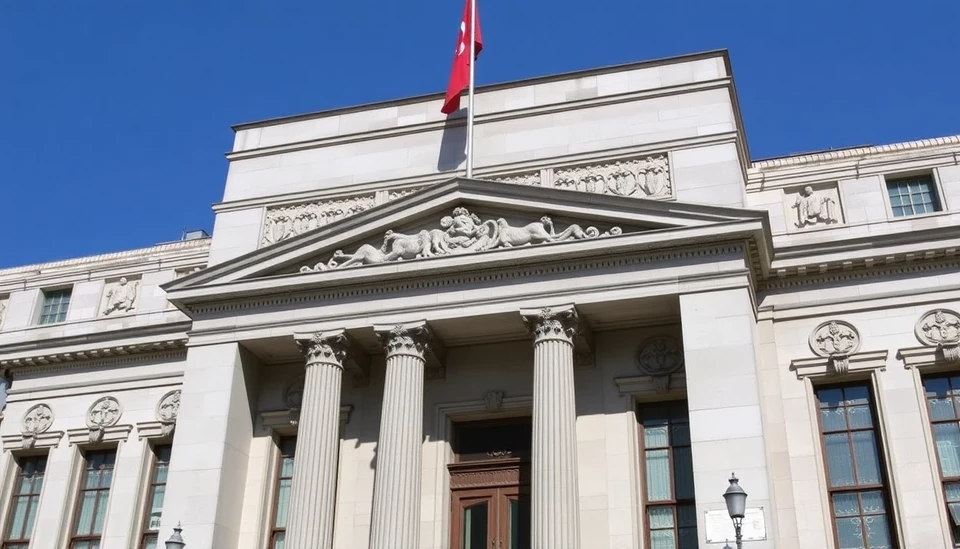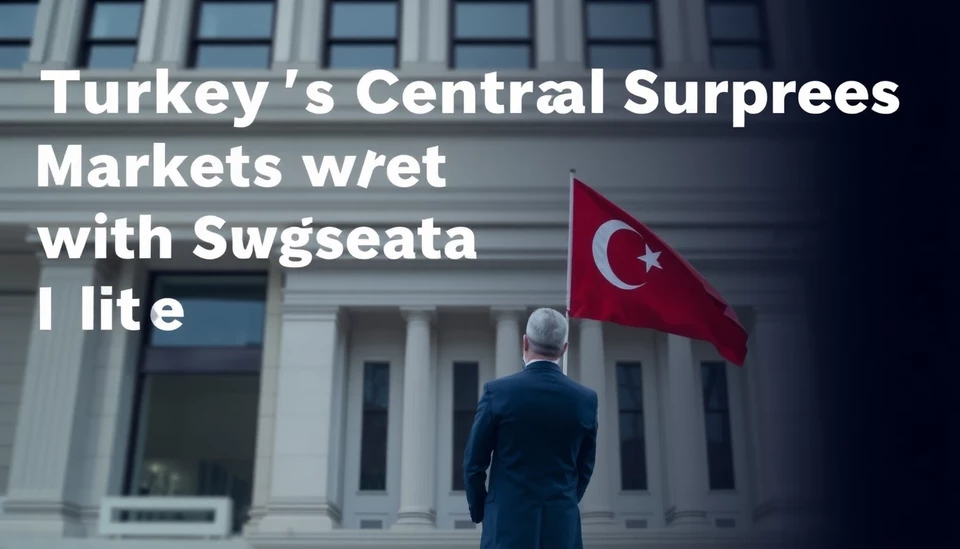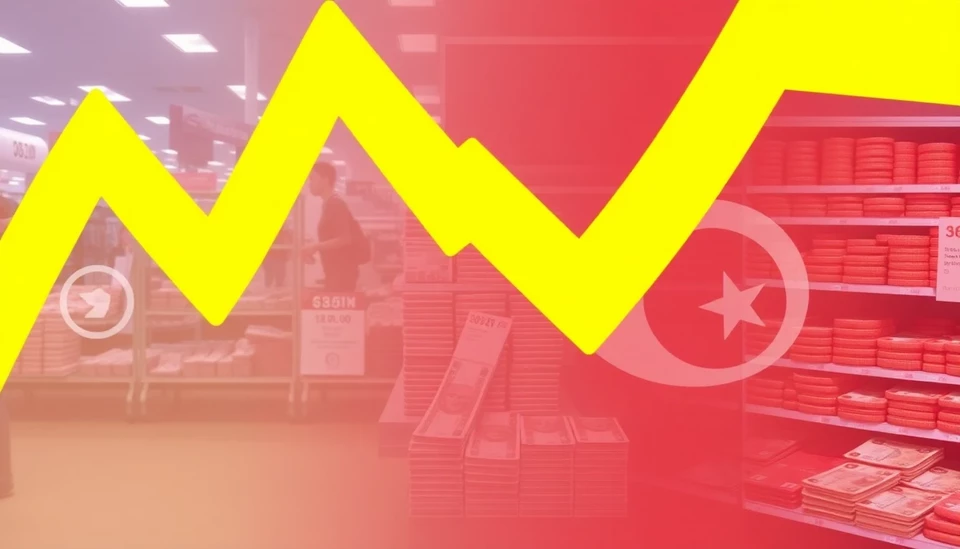
In a dramatic turn of events, the Central Bank of Turkey has been sending confusing signals regarding its monetary policy, particularly regarding potential interest rate cuts. Financial experts and market analysts are grappling with the implications of these mixed messages, especially as the Turkish lira continues to face challenges amid an unstable economic landscape.
Amid growing concerns over inflation, the Central Bank recently hinted at a possible shift in its policy stance. This comes after a protracted period of elevated interest rates aimed at curbing soaring inflation rates that have plagued the Turkish economy for years. However, the bank's leadership appears torn between the need to stimulate economic growth and the imperative of containing rising price levels.
During a recent press conference, officials from the Central Bank emphasized the importance of carefully evaluating the economic environment before making any decisive moves regarding interest rates. Some analysts interpreted this as a sign that a rate cut could be on the horizon, while others viewed it as an indication of hesitation born from the bank's previous miscalculations that have led to increased volatility in the lira's value.
The backdrop of this uncertainty is Turkey's ongoing battle with high inflation, which has reached levels that significantly erode the purchasing power of ordinary citizens. Tensions have been exacerbated by geopolitical factors as well, including fluctuating energy prices and regional conflicts. Consequently, any adjustments to the interest rate are expected to have profound implications not only for the domestic economy but also for global markets that are increasingly interconnected.
Moreover, the government's fiscal policies have been criticized for being too expansionary, prompting calls for a more prudent monetary strategy. Observers are closely watching the Central Bank’s moves, as any decisions they make could affect Turkey's credit rating and potentially lead to further capital flight if investors perceive signs of instability.
The upcoming meetings scheduled for the Central Bank's policy-setting committee are expected to be closely monitored by investors and analysts alike. The market's reaction will likely depend on the central bank's ability to communicate a coherent strategy that reassures participants about the long-term viability of the Turkish economy.
In summary, the Central Bank of Turkey's recent signals are a cause for concern among economists and investors who are wary of the potential repercussions. As Turkey navigates through these complex economic waters, the balance between controlling inflation and fostering growth remains a critical focus area for policy-makers.
As the situation evolves, it is clear that the Central Bank's decisions will play a pivotal role in shaping the future economic outlook for Turkey in the coming months.
#Turkey #CentralBank #InterestRates #MonetaryPolicy #Economy #Inflation #TurkishLira #MarketAnalysis
Author: Rachel Greene




